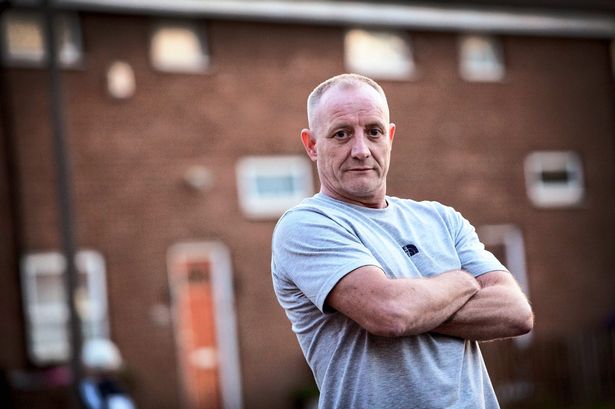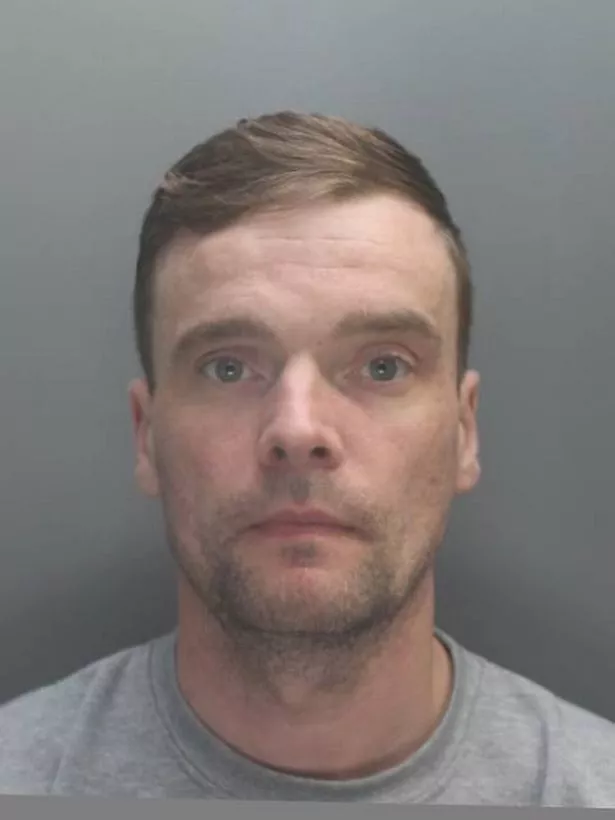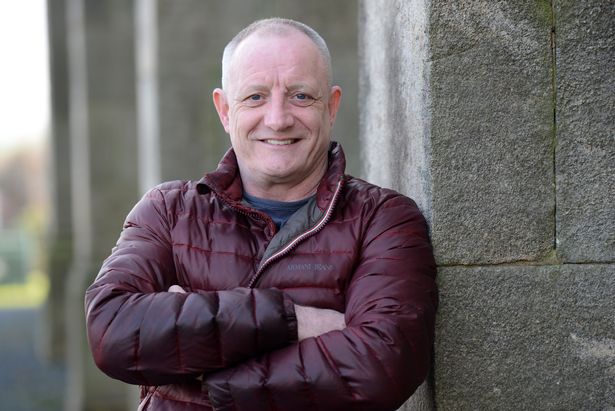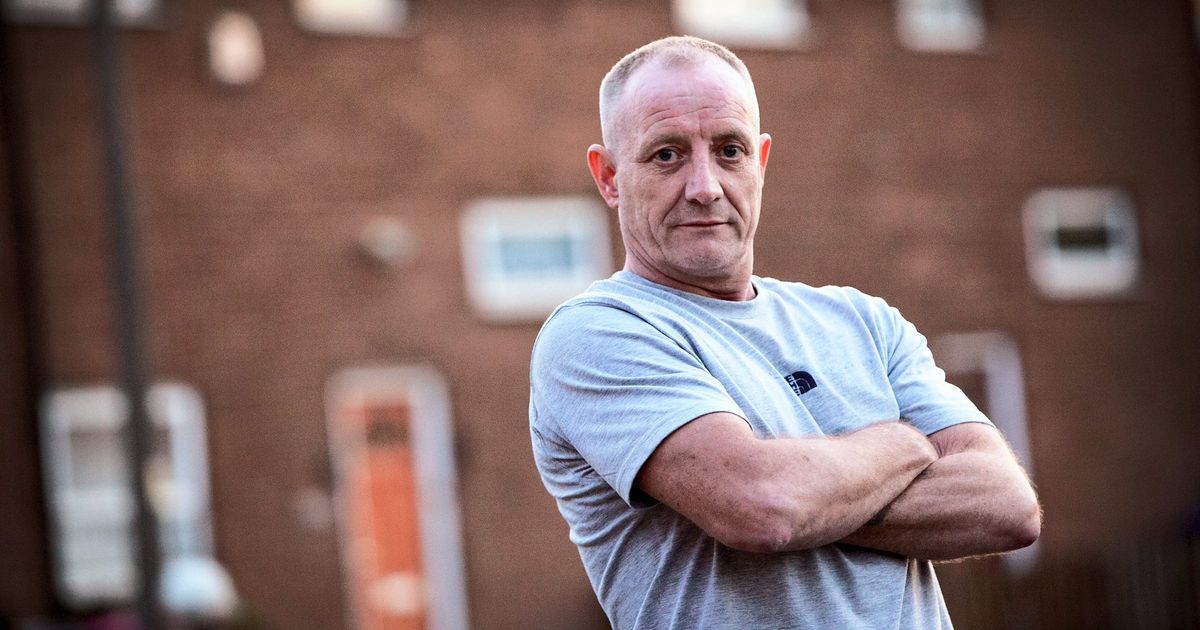A coroner has ruled there is a ‘sufficient cause’ for an inquest, which will explore alleged police failures to protect him from threats on his life prior to his murder Paul Massey in 2012(Image: M.E.N.)
Paul Massey in 2012(Image: M.E.N.)
An inquest will be held into the death of Salford ‘Mr Big’ Paul Massey in a major victory for his family following a 10-year battle.
Massey was shot dead by assassin Mark Fellows with an Uzi sub-machine gun on the doorstep of his home in Clifton in July 2015.
It came at the height of a vicious war between a Salford gang known as the A-Team – whose members considered Massey a mentor and elder – and a rival faction, the Anti A-Team.
Fellows is serving a whole-life term for the murder of Massey and his gangland enforcer friend, John Kinsella, three years later.
Sign up to the MEN Court newsletter here
Massey received at least five so-called ‘Osman’ warnings from 2009 up until the weeks before he was killed.
The final of these warnings, now known as Threat to Life (TTL) notices, was delivered to his home on May 27, 2015, eight weeks before his death. It was posted through the letterbox.
Massey’s family claim he was not aware of the order and that officers should have made efforts to deliver it to him in person.
 Mark Fellows(Image: PA)
Mark Fellows(Image: PA)
National police guidance says such warnings should be handed over personally ‘where appropriate’, but can also be delivered in other ways – for instance over the phone if the subject is abroad.
A 2017 internal investigation by GMP cleared two officers who delivered the warning, the Manchester Evening News has previously reported.
The officers said nobody answered the door and Massey’s partner, when they informed her they had a threat to life warning for him, shouted from a window for them to post it through the letterbox ‘with the rest of them’. After his death, police found the document and Massey’s fingerprints on it.
‘Sufficient cause’ for inquest
Inquest proceedings were opened after his murder but were paused pending Fellows’ trial. Last Thursday, (August 21), his family made a final plea that a full inquest be held.
And, at a hearing at Bolton Coroners’ Court on Wednesday (August 27), senior coroner Timothy Brennand ruled there was ‘sufficient cause’ for an inquest to be held.
He said the issues raised by Massey’s family were ‘honestly and genuinely held, having been articulated from an early stage with dignity, fortitude and gracious tenacity’.
Mr Brennand said he was of the view that ‘there remains credible arguments’ as to ‘the degree of risk identifiable’ on May 26, 2015 and whether GMP ‘took all reasonable and/or proportionate steps in considering how to ameliorate risk at the time of the receipt of the intelligence which prompted the TTL response’.
The manner in which GMP dealt with the ‘real and immediate risk to Massey’s life’ and how that was ‘assessed, re-assessed and monitored’ will also be scrutinised, the coroner added.
 Paul Massey in 2015(Image: M.E.N.)
Paul Massey in 2015(Image: M.E.N.)
Mr Brennand said that despite a referral having been made to the police watchdog – the Independent Office for Police Conduct – and the review by GMP’s Professional Standards department (PSD), ‘alleged inconsistencies remain in relation to how the notice was served’.
He said the matters considered by the internal review were ‘partial’ and ‘incomplete’ in relation to concerns raised by Massey’s loved ones, who were not able to participate in the process.
“The family have no confidence in the ability of Greater Manchester Police to investigate for themselves the concerns that they have raised,” he added.
Mr Brennand said it was ‘rare’ for an inquest to be resumed following criminal proceedings and that his decision was ‘of a highly discretionary nature’ and ‘fact specific to the circumstances of this case’.
A potential five to seven-day window for the hearing has been identified next March. No decision has yet been taken on whether it will be heard before a jury.
A further pre-inquest review hearing will be held at the end of next month, when the coroner is expected to confirm the timetable and direct what evidence is required ahead of the hearing.
Mr Brennand said he believed the inquest should examine ‘the nature and extent of real and immediate risk to life that resulted in the TTL notice in May 2015’.
He added it should also look into ‘actions that were or could have been taken, or ought to have been taken at the time of issue of TTL notice’.
The inquiry will also examine the ‘actions arising of that risk thereafter’ and ‘the overall bearing upon outcome of any identified acts or omissions on the part of the state in responding to any identified real and immediate risk to life, as perceived or ought to have been perceived’.
